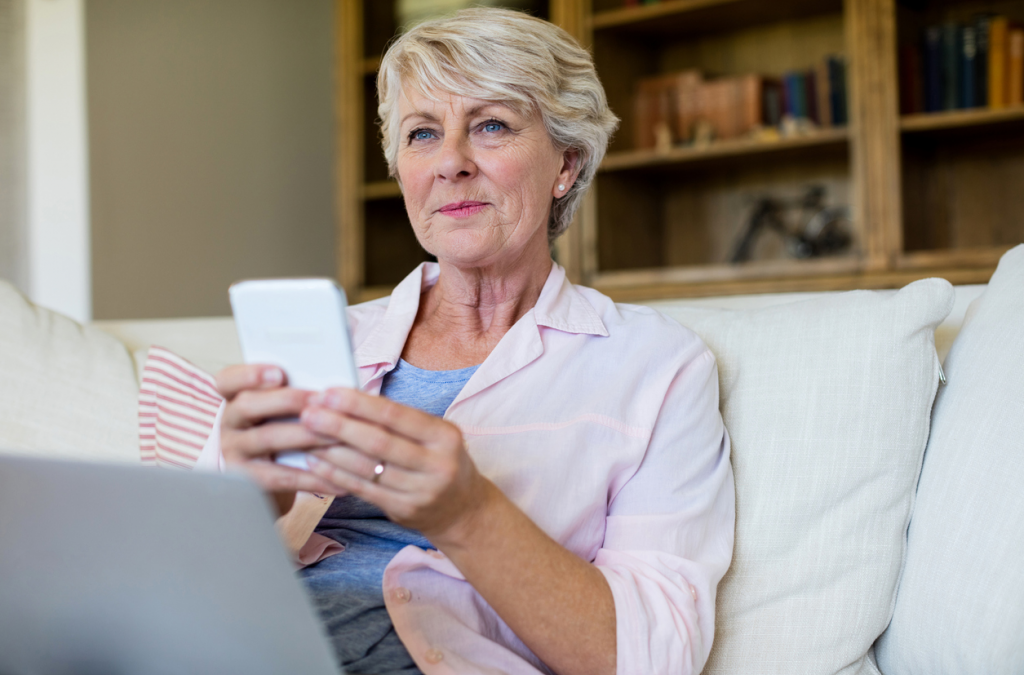Most of us have experienced cancer in some capacity, either directly or through a friend or family member. It’s difficult to watch a loved one suffer, and we can often feel helpless as they receive grueling treatments like chemotherapy.
The important thing to remember though is how much more treatable cancer is if detected early. For women, says Joan Kelly of the Irish Cancer Society, this means regular smear tests, breast awareness, and generally knowing what signs to look out for.
Helpful Resources
“We know that we can prevent more than half of all cancers,” Joan begins. “Obviously we can’t change our genetics, but we can take action in a number of areas to reduce risk.” As a nation, she says, we’re increasingly more open to conversations about the disease, and there are more resources available today too. “When people are diagnosed,” she says, “others are prompted to take action if they have problems themselves. We have more services where people can speak to healthcare professionals, like our Nurseline. We hear what they have to say; it’s all about having a structured conversation. The service is free of charge too.”woman using phone
Early Detection
As well as using helpful resources like Nurseline, Joan urges women to avail of the HSE’s CervicalCheck smear test, free for those aged between 25 and 60. “People often think that smear tests detect cancer,” she says, “but actually they detect pre-cancerous changes around the cervix. However, you should never ignore symptoms that occur between screenings. In terms of breast awareness, self-examinations are important. It’s about knowing what’s normal for you and understanding that there may not be a lump, it could be skin puckering or an inverted nipple.” If necessary, your GP will refer you for a mammogram. “If you’ve any concerns,” says Joan, “you should always err on the side of caution and get checked.”
Extra Precautions
Ovarian cancer is more difficult to detect, as Joan explains. “If you have a family history, it’s worth talking to your doctor. The symptoms are quite vague; abdominal swelling, discomfort, possible changes in bowel movements. If you have increased tiredness and any of those symptoms, get checked.” When it comes to skin cancer meanwhile, Joan recommends being extremely careful in the sun. “Avoid sunburn and sunbeds at all costs”, she advises. “Check moles for any type of change in size or colour. We do want people to use the highest sunscreen factor possible, but really the message is to cover up and stay out of the sun.”
Lifestyle Factors
As science continues to progress, connections are being made between unhealthy lifestyles and the risk of cancer. The Irish Cancer Society is guided by the European Code Against Cancer, another helpful hub of information. It offers ’12 Ways to Reduce Cancer’; covering everything from ‘don’t smoke’ and ‘limit your intake of alcohol’ to ‘have a healthy diet’ and ‘be physically active in everyday life’. “Most of our work is sedentary”, says Joan, “so it’s important to build exercise into our daily routine.” Fore more information, visit the Irish Cancer Society’s website.

